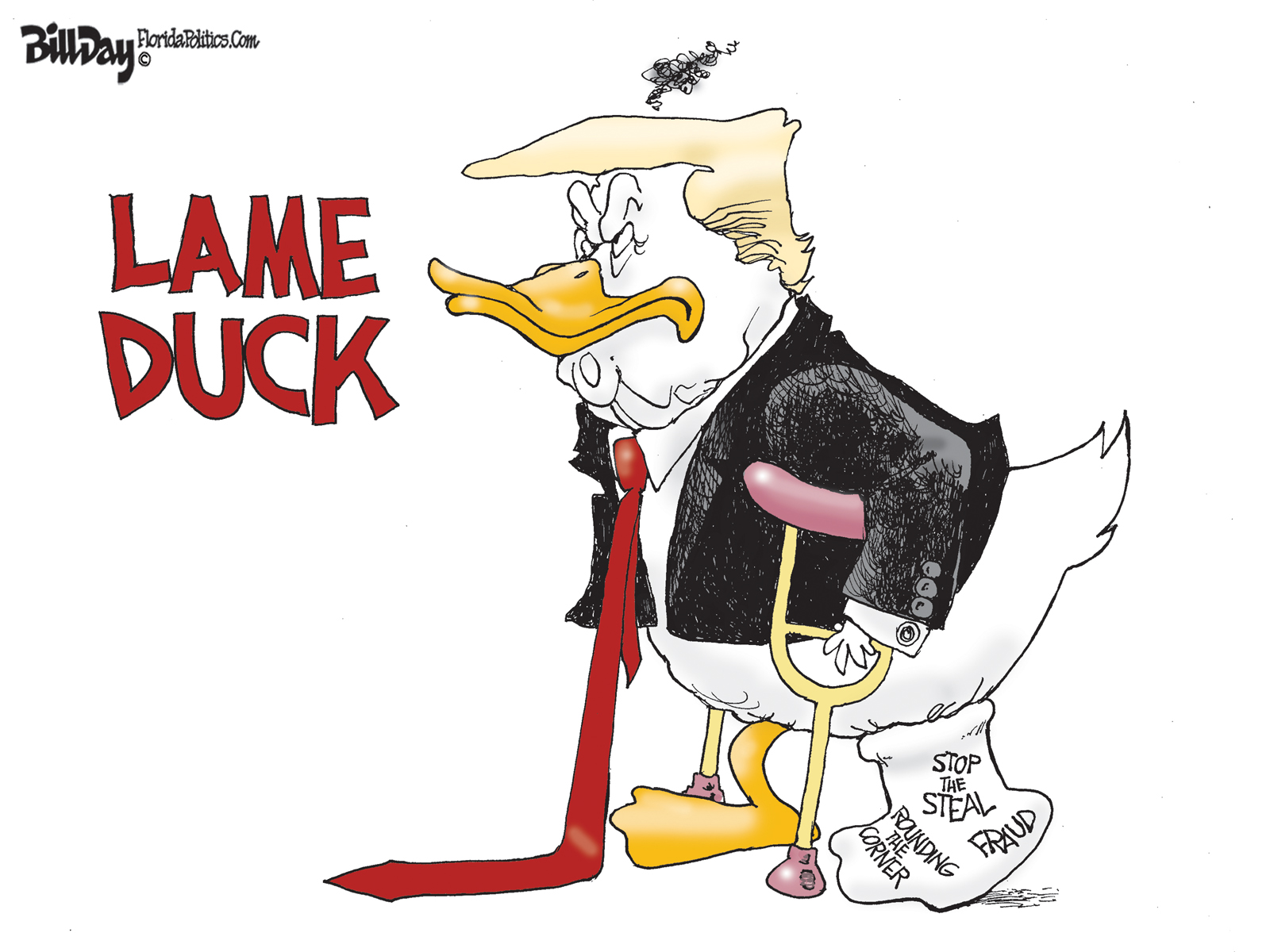

Under the constitutional calendar established in 1787, both the old president and the old Congress ended their terms at precisely the same moment on March 4.

One of the reasons these crises were so acute was that the Founding Fathers had inadvertently given the power of presidential selection to the lame-duck House. In the elections of 1800, 18, a majority of the electoral college had failed to elect a president, causing grave crises before the House of Representatives managed to select presidents under the special backup procedure provided by the Constitution. As they reviewed American history, they became aware of a particular danger that had been posed to the presidency by lame-duck Houses through the generations. In crafting their lame-duck amendment, moreover, the drafters took special care where the presidency was concerned. Emanuel Celler, "The Congress would not continue indefinitely e will adjourn around June 15 - the latest July 1 - to enable us to attend the national convention." The date was set, members were told, to allow sufficient time for "newly elected Members to arrange their private affairs prior to leaving for the Capital City." But what of the remaining interregnum between Election Day and New Year's Day? Rather than setting a fixed closing date for the expiring Congress, it specified a very early opening date - Jan. The Senate's approach finally was adopted. As May 4 approached, a filibuster could threaten to kill all pending legislation, thereby vastly strengthening the power of obstructionists. It was afraid that fixing the closing date on May 4 would provide a powerful new weapon for the filibusterers who were already having a field day in the Senate. In the following year, the Senate rejected Speaker Longworth's proposal, but not because it was against the Longworth principle. The House initiative began the final debate over what is now the 20th Amendment. In 1931, two-thirds of the House endorsed a constitutional amendment, proposed by Speaker Nicholas Longworth, under which the congressional session during election years "shall not continue after noon on the 4th day of May." Its declared purpose was to end forever the power of lame-duck Congresses to return to Washington after an election and ignore the judgment of the voters.


 0 kommentar(er)
0 kommentar(er)
